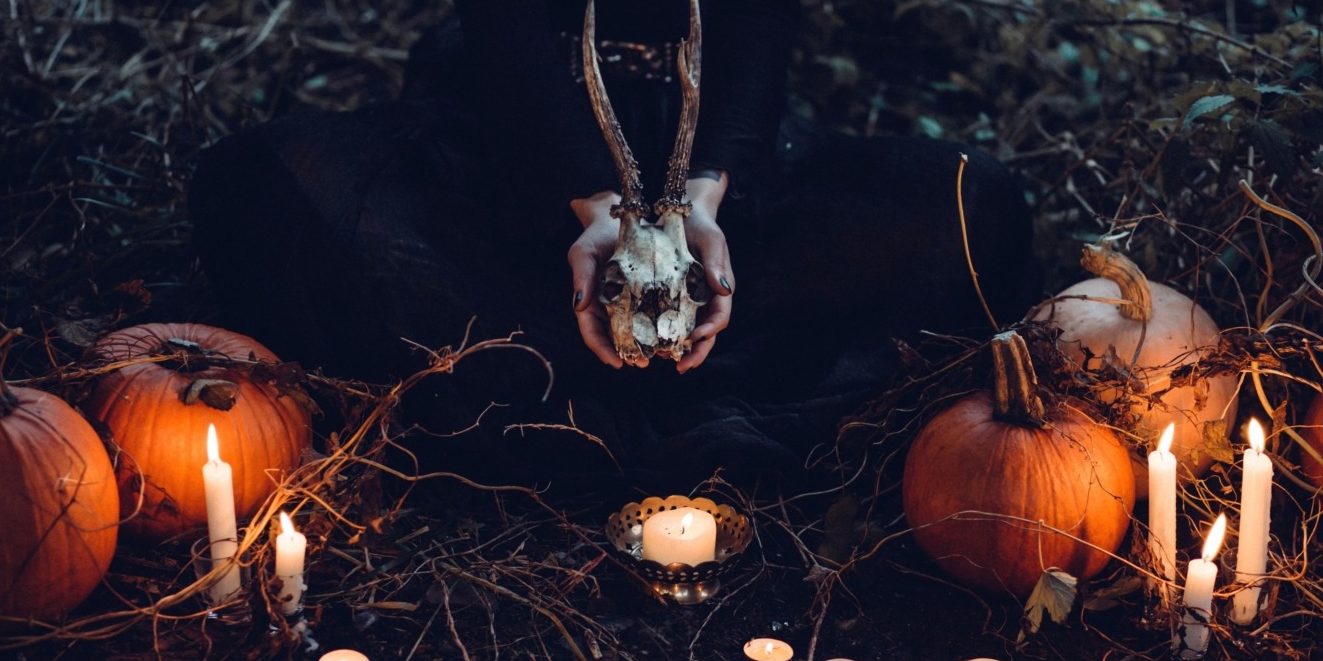The evolution of the modern horror genre
In the season of witchcraft and vampires, it’s time we unleash our inner monsters. What better way to embrace our collective penchant for the freaky and our love for all things spooky than indulging in the genre that was born to satisfy the desires that are only socially permissible during Halloween? Through horror, we have the chance to live freely in our most monstrous forms, but at the same time we are trapped and chased by the Gothic nightmares that ruin us. So, what is it about horror that makes it so compelling, and what makes us crave this strangely exhilarating yet terrifying mode? How is horror evolving in the modern age, and what does this say about us and our desires?
As we are becoming increasingly desensitised to the effects of fear and terror, we need bloodshed and gore to incite within us the adrenaline that simple Gothic tropes once did.
Whereas the Yorkshire Moors upon which Wuthering Heights sits were once the eerie backdrop for the terrifying tale, this is no longer enough. The overcast moorland has been replaced by the dark forest, the apocalyptic waste land and the chambers of torture in their various forms. No longer is the threat of a rain cloud or the peak of a valley enough to satisfy the insatiable bloodthirst of the modern horror reader, and to think that the likes of Wuthering Heights and Jane Eyre once terrified the weak hearts of the Victorian reader is almost a struggle to believe.
Maybe we’re just becoming more in touch with our freakish sides, or perhaps there’s something out there that’s pushing us into deeper levels of dissidence and depravity
The rise of horror subgenres such as body horror, torture porn and slasher-revival all resonate with the fact that we are developing an insatiable need for higher levels of perversity. Our thresholds of fear are creeping higher and higher, and our horror tolerance is becoming increasingly resilient. Maybe we’re just becoming more in touch with our freakish sides, or perhaps there’s something out there that’s pushing us into deeper levels of dissidence and depravity. The most plausible speculation I can think of is that perhaps the modern world is becoming so horrifying and nightmarish in every corner that we turn to more visceral visions of terror and decay in literature and culture.
Some would call it escapism: others, like myself, an understandable coping mechanism. A defence against the dark arts of the world, for the Potterheads who are reading this. If this is true, it only makes our reading of horror all the more terrifying. Fighting horror with horror is not the solution to the problems we face in the modern age, but it is a way we can seek solace and reclaim terror on our own terms, rather than at the hands of a government that just doesn’t care or a neoliberal world that is growing indifferent to the lives it destroys.
One of the feature artists prefaced a song they composed with the contention that, actually, the most frightening monsters are the ones that exist inside us
However, body horror and torture porn isn’t always the most befitting method for the typical escapist. I recently went to a horror-themed spoken word event (where I made my debut as a performance poet) in which many of Melbourne’s local queer artists showcased their monster-themed acts, songs and poetry. One of the feature artists prefaced a song they composed with the contention that, actually, the most frightening monsters are the ones that exist inside us. They likened these internal revenants to the dementors from Harry Potter, or the spectres from His Dark Materials trilogy, and I really feel that this captures the other side that modern horror has to offer.
It strikes fear in its readers from all directions – first the page and then within, and this is where its power truly lies, signalling towards a potential shift in the way the horror genre is now being structured.

Comments